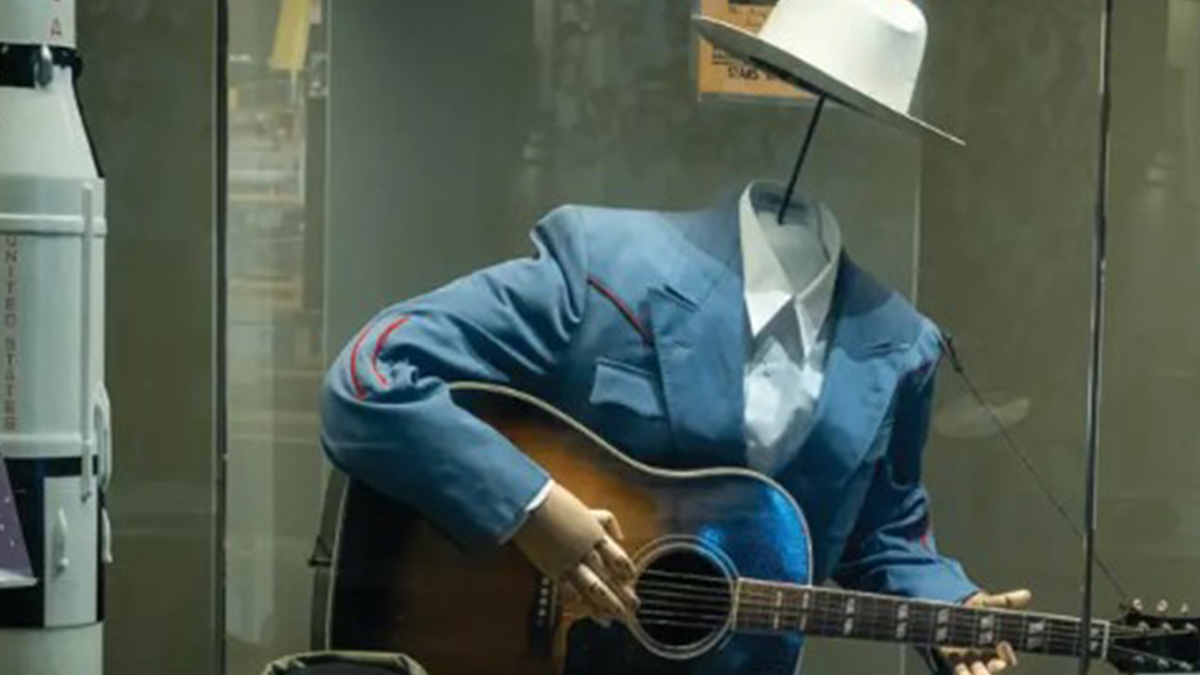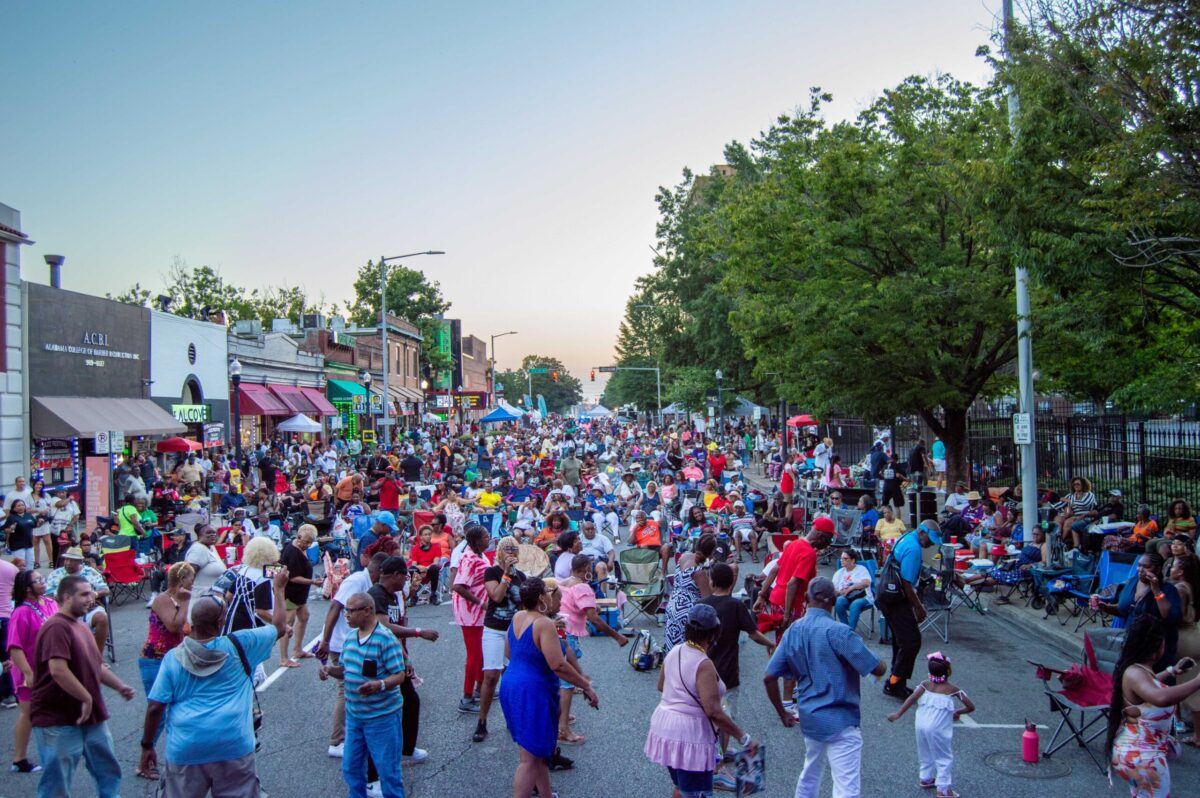Richard Arrington Jr. to receive Fred Shuttlesworth Human Rights Award

Richard Arrington Jr., who powerfully shaped Birmingham's history for 20 years as its first African-American mayor, will be honored with the Fred L. Shuttlesworth Human Rights Award in November. (Michael Tomberlin/Alabama NewsCenter)
Birmingham’s first African-American mayor, Richard Arrington Jr., is among three recipients of the 2017 Fred L. Shuttlesworth Human Rights Award from the Birmingham Civil Rights Institute (BCRI).
The Shuttlesworth Award is the institute’s highest honor to outstanding individuals for their significant contributions to civil and human rights.
This year’s other honorees on the 25th anniversary of the institute are artist and activist Harry Belafonte and activist Viola Liuzzo, who is being honored posthumously.
The awards will be presented at BCRI’s gala on Saturday, Nov. 18.
“We are both proud and humbled to have the opportunity to honor these icons that helped shape our country and opened so many doors that were previously closed,” said Andrea L. Taylor, BCRI president and CEO.
Arrington served 20 years as mayor, from 1979 to 1999. Under his tenure, Birmingham went from a racially divided city dependent on the steel industry to an economically and culturally diverse hub of the Southeastern United States.
Throughout the 1970s and early ’80s, Arrington led the drive to establish the BCRI. Arrington also authorized plans for a Civil Rights Cultural District, including a renovated Kelly Ingram Park, a Jazz Hall of Fame in the historic Carver Theatre and landscaping of public space around the Sixteenth Street Baptist Church.
In January, Birmingham was declared a Civil Rights National Monument that includes the A.G. Gaston Motel, Sixteenth Street Baptist Church, Bethel Baptist Church, the BCRI, Kelly Ingram Park, the Fourth Avenue business district and Masonic Temple.
Belafonte, a singer and actor, became active in the civil rights movement in the 1950s. He became one of the Rev. Martin Luther King Jr.’s closest confidants. Over the years, he organized demonstrations, raised money and contributed personal funds to keep movement activities going. Belafonte has advocated for a range of other humanitarian causes.
Liuzzo was killed by Ku Klux Klan members following a voting rights march in Alabama in 1965. She was the only white female protester to die in the civil rights movement. Liuzzo traveled to Alabama from Detroit in March 1965 to help the Southern Christian Leadership Conference with its efforts to register African-American voters in Selma. Her decision to go to Alabama was driven in part by the events of March 7, 1965, also known as “Bloody Sunday.”










